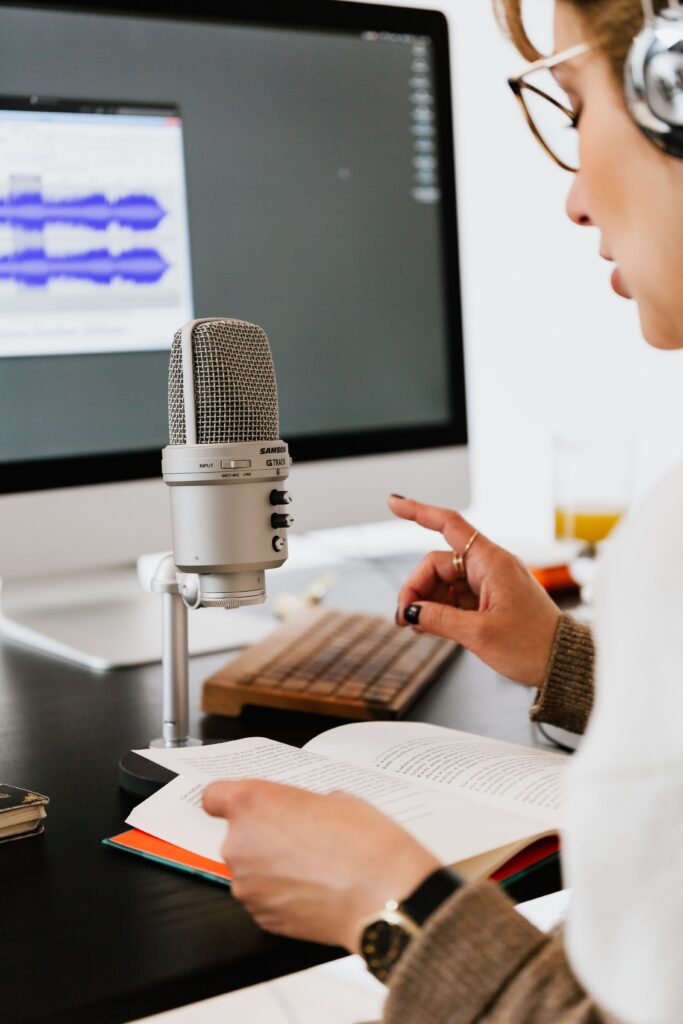
Since I was a child I have been exposed to the fantastic skill of voice acting- through cartoons, animated movies, anime, video games, and more. Voice acting has been present for a great deal of time and has significantly evolved in many forms of media. I always wondered how these voice actors relate to their characters. Especially when It’s a character that is completely different from them, whether based on the character’s traits, looks, or even culture and heritage. It’s like they have to change completely who they are in order to perform the best with the character given.
Is there a clash between the actor and the character? How do they practice and adapt? These are the questions I aim to answer in today’s generation where anime is now mainstream, as well as animation as a whole with how much it has taken hold of people’s interests.
In the past, anime and voice acting in general was not nearly as popular as it is today. People either didn’t pay attention to it or categorized it as something for only the children audience. However, as time went on and as the children’s audience grew, they spread the word on the voice acting community and anime through social media. Whether it was done through edits of a scene of a character or battle, or showing the differences between Japanese voices to the English dub counterparts. Voice acting and things associated with it such as cartoons and anime became mainstream to the public and continues to grow even today.
Anime specifically has been the center of attention in this generation, and it originates from Japan. Yet Americans love and voice these characters that have origins or traditions that are only in Japan, it’s impressive when you think about it. How does someone with no prior knowledge or life experience from Japan play a fictional character that has lived there all their life and give it that natural feeling?
A drawback however, is even though anime and other forms of voice acting content has become mainstream, it’s only the product that was produced that gains traction and attention rather than the people behind the voice sometimes. Since all you can hear in the episodes are the voices, you associate that voice to the fictional character. Like how a lot of people only know actor Robert Downey Jr. as Tony Stark, since some don’t know his real name and associate the person with the character. But the glaring difference is that RDJ is a celebrity with public influence, so you can easily find out who he is. Voice actors on the other hand might have no recognition in the public at all unless you purposely go out of your way to find them. I feel like the majority of the public don’t do that.
This causes some obstacles that voice actors in the industry face such as the field being very competitive, or not receiving the correct amount of pay they deserve. From my interviews it seems clear that these issues are still present today in the voice acting community and I hope my story gives a platform for them to speak on in order to help them with the roadblocks that they are facing today.
In this issue, we step into worlds different (or similar to) than our own and share our experiences. What does culture/community look like, and how does it affect you? Dive into our “Culture” Issue to hear how youth journalists address this topic.
